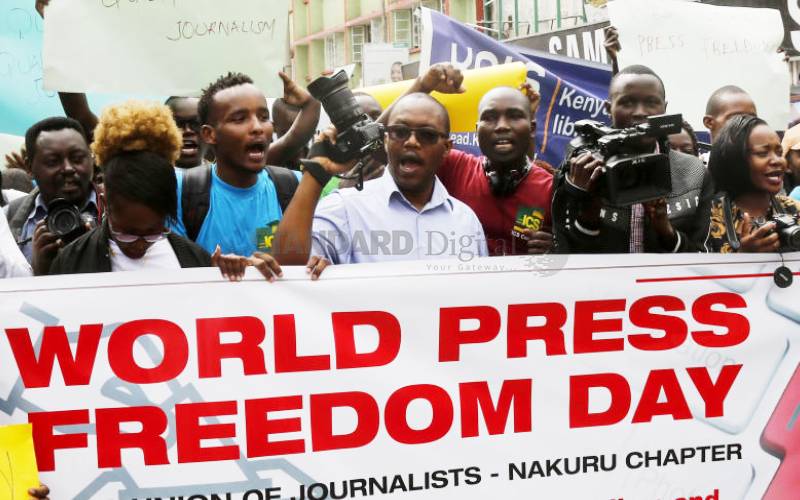×
The Standard e-Paper
Home To Bold Columnists

When the prodding media questioned Jubilee’s appetite for huge loans soon after it came into office in 2013, they were quickly dismissed as enemies of development and reminded that gain would only come with some pain.